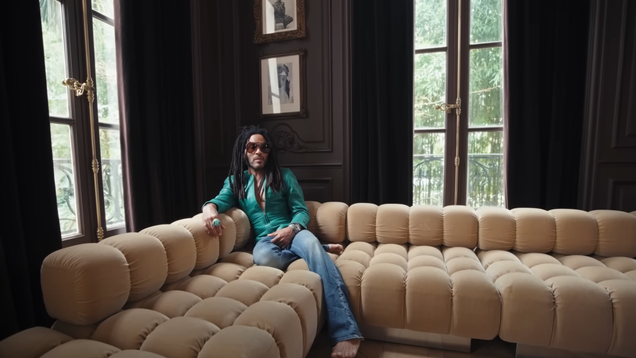Ever wonder how the beats we bump and the lyrics we belt carry the very DNA of resistance and resilience? Stick around; we're diving deep into the soundtrack of American history, and guess what—it's got some serious soul.
You see, when we talk about rock, rap, and resistance, we're not just talking about genres or political slogans. We're talking about the soul of Black America—woven into each guitar string, sprayed onto graffiti murals, and scribbled in lyric notebooks. A musical score not only to our joys and sorrows but also to our collective struggle. If music is a universal language, then the Black American experience has been its most potent dialect, alternately belting out and whispering anthems of resistance.
Let's talk about Chuck Berry's guitar, Little Richard's theatrics, or Jimi Hendrix's riffs that rewired rock. Do you know what they're actually saying? They're saying, "We're here, we're not going anywhere, and we're flipping your norms while we're at it." Yes, from its birth, rock has been an audacious slap to the status quo. A radical rejection of a system that could contain everything except our spirit.
Imagine this: every morning, you scroll through your playlist, selecting a track to kickstart your day. Make that track a declaration, a manifesto. It doesn't have to be "Fight the Power" or "We Shall Overcome," though they're excellent choices. It could be Kendrick Lamar's "Alright," or even Beyoncé's "Freedom." Let the lyrics steep in your psyche, like morning coffee invigorating your veins, reminding you to resist complacency. Feel those high-arousal emotions? Good, you should. Now, go on and share that electricity. A LinkedIn post, a tweet, or an Instagram story can be your platform to amplify the anthems of defiance that fuel you.
Remember when Kanye West said, "George Bush doesn't care about black people" live on national television? It was shocking, unexpected, but oh so raw. When he did that, he didn't just wield his fame; he wielded the ancestral voices of rap and rock legends who came before him, screaming from their lyrics that Black Lives Matter before it was a hashtag. This is our narrative. It's not a sidebar; it's the feature presentation, integral to the broader tale of America. Whether through Tupac's piercing reflections on inequality or Nina Simone's haunting calls for liberation, these are not just tunes; they're touchstones of our communal psyche.
In a nutshell, if you've ever wondered what the backbone of American music really is, don't look any further. It's the irrefutable evidence that in rock and rap, Black voices didn't just make music; they sculpted the melody of resistance. It's in the vibrato of Aretha Franklin's voice, the cadence of Jay-Z's flow, and the anguished scream of a Hendrix guitar solo. So next time you bob your head to a beat or lose yourself in a guitar riff, remember—it's not just a song; it's an anthem of resistance.


